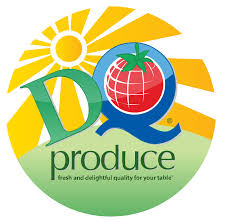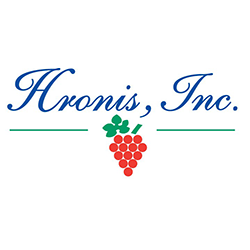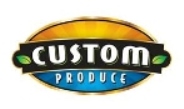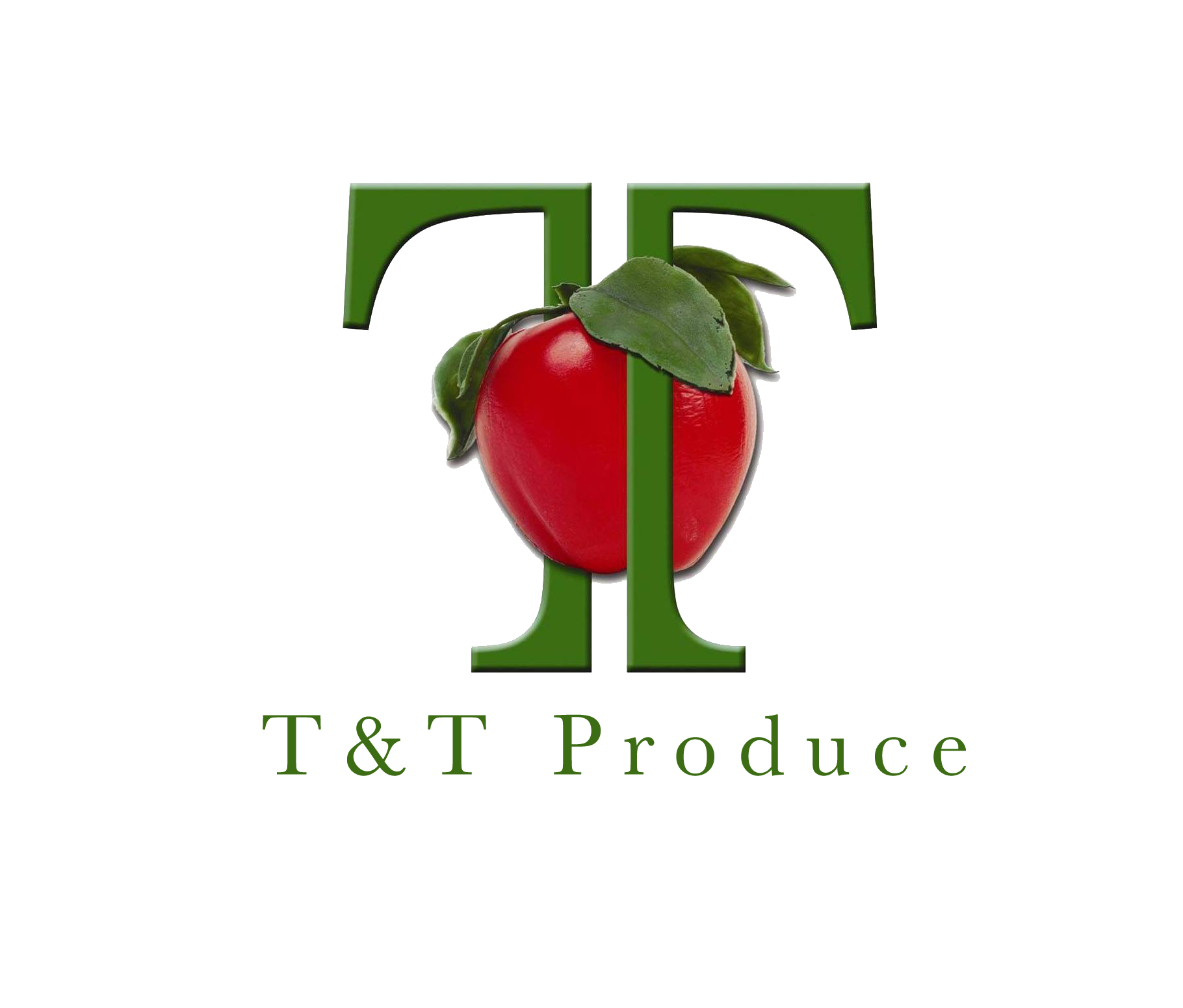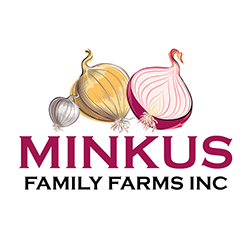Drew Sullivan, senior category manager for produce for Phoenix-based Sprouts Farmers Market, spoke with Produce Retailer about how he got into the business, what makes Sprouts unique in the grocery landscape, the key to attracting and retaining core organic shoppers, and decisions in the apple category.
Like many folks in grocery retail, Sullivan got his start early, working overnight as a grocery stocker. He got onto days by helping out all across the store.
“I ended up working in every department except for meat and pharmacy,” Sullivan said. “When the frozen manager would go on vacation, I’d work frozen for a week, dairy guy went on vacation I’d be dairy for a week, and then just doing that I ended up in produce, and it clicked for me. I kind of just fell in love with it — no turning back ever since.”
He spent more than 16 years with Safeway and Albertsons, moving up from produce department manager to produce field merchandiser to regional manager for produce to national category manager for produce.
“It was really fortunate to be able to kind of grow up within that organization,” Sullivan said.
Sprouts
In 2016 he joined Sprouts, a retailer with a unique layout that highlights produce in the center of its stores.
“Almost any other store you go into, you’re seeing really tall gondolas and you’ve got the racetrack around the store for the perishables, but walking in (at Sprouts), you’ve got bulk foods and produce and you can see all the way to now where the cut watermelon and pineapple (are),” Sullivan said. “When you first walk in the door, just having those colors pop, something about that, it’s a different feel.”
On the panel at the conference, Sullivan noted that merchandising and signage are key in moving produce. When it comes to providing information about different items, balance is key.
“What we’ve done this past year is we’ve partnered up with our marketing department to really kind of create themes in certain times of the year when it’s seasonally appropriate to really shout about what’s in season,” Sullivan said.
“So we’ve just finished up recently with stone fruit, so we set up a destination of exciting varieties and have some signage to talk about the attributes there, and then really kind of following that up a lot with a lot of digital content as well that’s being put together," Sullivan said.
“For those that are looking for that next level of information, they can go and find it and kind of spend time exploring the category, and then (we) do that for a while and then move onto another category and another theme after that,” Sullivan said. “I think it helps bring the noise level down a little bit because, if you try to do that on every table every day in the department, it can be a bit fatiguing.”
Organic
About 25% of produce sales at Sprouts come from organic, and Sullivan noted that having a complete offering in the category is essential to attracting and retaining core organic shoppers. They’re the ones who account for the bulk of organic sales, and with that group, if you don’t offer a produce item organically, it is basically as if you don’t offer it at all.
One way to complete the offering in organic is to have some flexibility on specifications like size, color and other attributes that don’t affect taste or shelf life.
“You’ve got to be open to try it, I think, is probably the big thing, because I think traditionally speaking, it’s, ‘This is my spec, I’m not deviating from my the spec, people count on my spec, and that’s what I’m really going to hang my hat on,’ but kind of like I mentioned during the panel, I think when you really get away from the produce professional perspective on it and say, ‘Okay, I’m just a consumer that’s wanting to have an apple that’s going to wow me’ — what does that entail? What is that makes it ‘wow’?” Sullivan said.
“I’ve rarely bragged to people about, ‘Look how shiny this is!’" he noted.
“It’s having to take that first step and kind of figure out what’s the comfort level for you and for the customer base, too, because it’s all dependent on that,” Sullivan said. “If you’ve got a customer base that does want the picture-perfect items and you’re going to disappoint them, then that’s probably not the right call, so it’s always relative.”
Plastic in the produce department is something to which many retailers are paying more attention. Sullivan and the other produce executives on the panel noted that more sustainable options are coming.
“The cool thing is that I think overall everyone is going to be very accepting of that slight shift in the way it looks at the shelf or whatever,” Sullivan said. “I think there’s enough conversation going on about it.
"I don’t think it’s a select few that are really passionate about it — I think it’s a pretty in-general (feeling)," he noted.
“I think it’s reached a level to where everyone’s going to be pretty welcoming of the solutions that end up making it to shelf,” Sullivan said.
Apples
With fall nearly here, new-crop apples will soon be coming on strong. The varieties available are practically innumerable, and Sprouts has a strategy for deciding which newer options it will give some space.
“We found success with picking the right number of apples to carry on an everyday basis and then bringing some of those name-brand varieties in on a temporary basis to be able to highlight them, tell their story, again kind of partnering up with the marketing folks to help develop some content to really press pause on some other things, let’s talk about what makes this special, and then highlight another one after that,” Sullivan said.
“If you carry too many at one time, it really just dilutes all of them," Sullivan said.
Sprouts will typically feature a variety in that way for four to eight weeks.
“You’ve got to give them a chance to come in and discover it, get hooked on it, try it again, so you can kind of see what are the winners and the losers,” Sullivan said.
Related
Produce retail execs talk shrink solutions for organic
Organic price premiums sliding, Rabobank report says
Retailers discuss strategies for pricing, promoting organic produce



